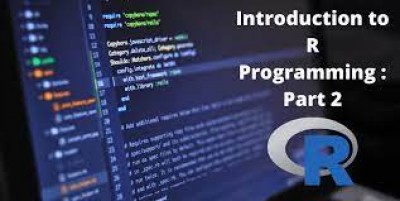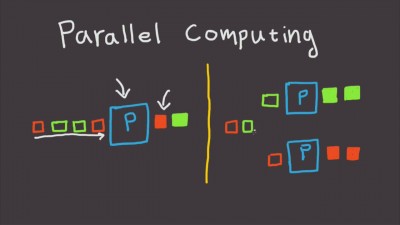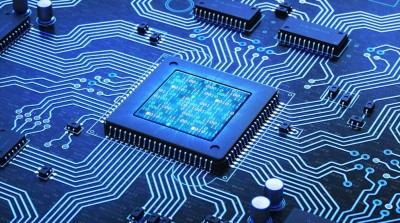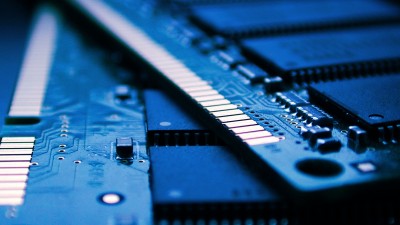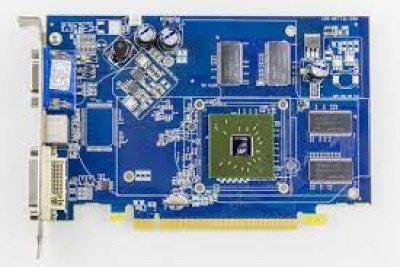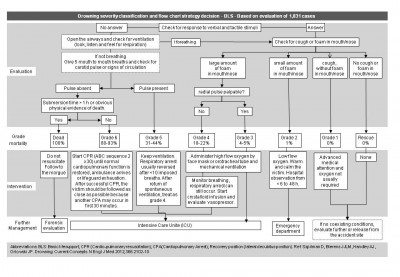Data structures I
Overview Introduction to data structures - Data Structures: List as abstract data type - Introduction to linked list - Data Structures: Arrays vs Linked Lists - Linked List - Implementation in C/C++,Linked List in C/C++:Inserting a node at beginning,Insert a node at nth position,Delete a node at nth position - Reverse a linked list - Iterative method
English
Last updated
Mon, 25-Jul-2022









